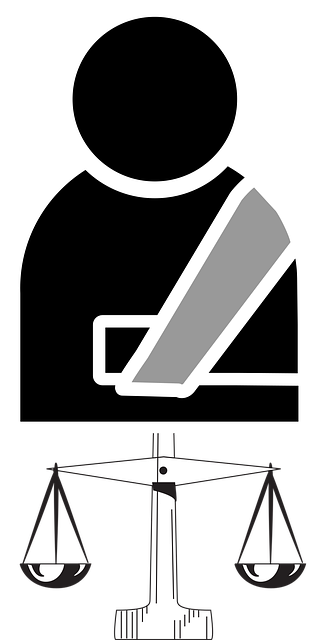Personal injury cases require legal expertise to navigate complex processes and secure justice for harm caused by negligence or intentional acts. Lawyers play a crucial role from initial consultation to trial, offering tailored advice, gathering evidence, and advocating for clients' rights and fair compensation against various disputes, including car accidents, medical malpractice, and workplace injuries.
In the complex landscape of personal injury law, lawyers play a pivotal role in guiding individuals through challenging times. This comprehensive guide delves into the intricate world of personal injury lawsuits, highlighting the multifaceted responsibilities of legal professionals. From the initial consultation to strategic trial preparation, lawyers navigate a web of regulations to ensure justice and maximize compensation for their clients. Understanding these processes is key to navigating a personal injury case effectively.
- Understanding Personal Injury Lawsuits: A Comprehensive Guide
- The Lawyer's Role: From Initial Consultation to Trial
- Maximizing Compensation: Legal Strategies for Success
Understanding Personal Injury Lawsuits: A Comprehensive Guide

Personal injury lawsuits are a complex legal domain where individuals seek justice and compensation for physical or emotional harm caused by another party’s negligence or intentional actions. These cases encompass a wide range of scenarios, from car accidents and medical malpractice to slips and falls or workplace injuries. Understanding the intricacies of personal injury law is paramount for anyone considering taking legal action. It involves navigating through statutes of limitations, determining liability, calculating damages, and presenting a compelling case before a judge or jury.
A successful personal injury case requires a solid understanding of both state and federal laws, as well as the ability to interpret complex medical and legal documentation. This is where the expertise of a reputable personal injury law firm becomes invaluable. With their extensive knowledge of employment disputes and partnership disputes, these professionals can guide clients through every step of the legal process, ensuring their rights are protected and they receive fair compensation for their suffering.
The Lawyer's Role: From Initial Consultation to Trial

In a personal injury case, the role of a lawyer is multifaceted and crucial from the initial consultation to the trial phase. During the first meeting, the attorney will assess the client’s situation, providing legal advice tailored to their specific circumstances. They’ll explain the potential options for compensation, such as slip and fall compensation or truck accident compensation, considering medical negligence or other factors that led to the injury. The lawyer will gather evidence, interview witnesses, and help the client navigate the complex legal system.
As the case progresses, the attorney will draft legal documents, file them with the court, and represent the client during pretrial hearings. If the matter goes to trial, the lawyer will present evidence, examine witnesses, and argue the case before a judge or jury, fighting for the best possible outcome, whether it’s an out-of-court settlement or substantial truck accident compensation in the event of liability. Throughout, they ensure their client’s rights are protected and that they receive fair personal injury compensation.
Maximizing Compensation: Legal Strategies for Success

In a personal injury case, an auto accident lawyer or slip and fall lawyer plays a pivotal role in maximizing compensation for their clients. These legal professionals employ strategic approaches to ensure that victims receive fair and just reimbursement for their injuries, medical expenses, and other related damages. They begin by thoroughly reviewing the specifics of the incident, gathering evidence such as police reports, witness statements, and medical records. This comprehensive analysis forms the backbone of their strategy.
Through skilled negotiation or robust litigation, these attorneys advocate for their clients’ rights. They delve into intricate legal aspects, including understanding applicable laws, assessing liability, and determining the value of the case. By combining extensive knowledge, persuasive argumentation, and a deep understanding of personal injury law, they aim to secure favorable outcomes. Moreover, in complex cases like commercial disputes, their expertise can be invaluable in navigating the legal labyrinth and ensuring the best possible resolution for their clients.
In navigating a personal injury case, having an experienced lawyer is invaluable. They guide clients through every step, from understanding complex legalities to maximizing compensation. By employing strategic strategies and their in-depth knowledge of personal injury law, lawyers ensure justice is served and clients receive the fair settlements they deserve for their troubles.





